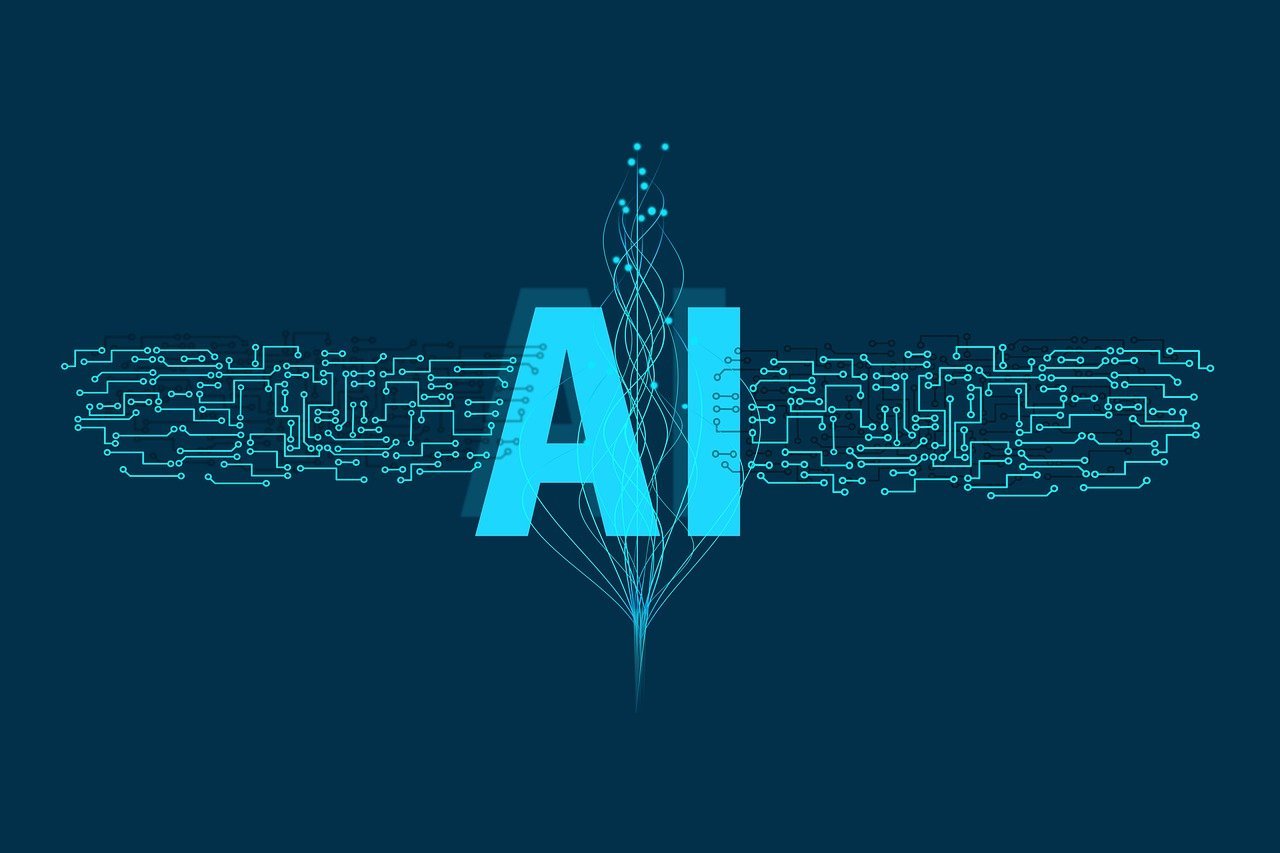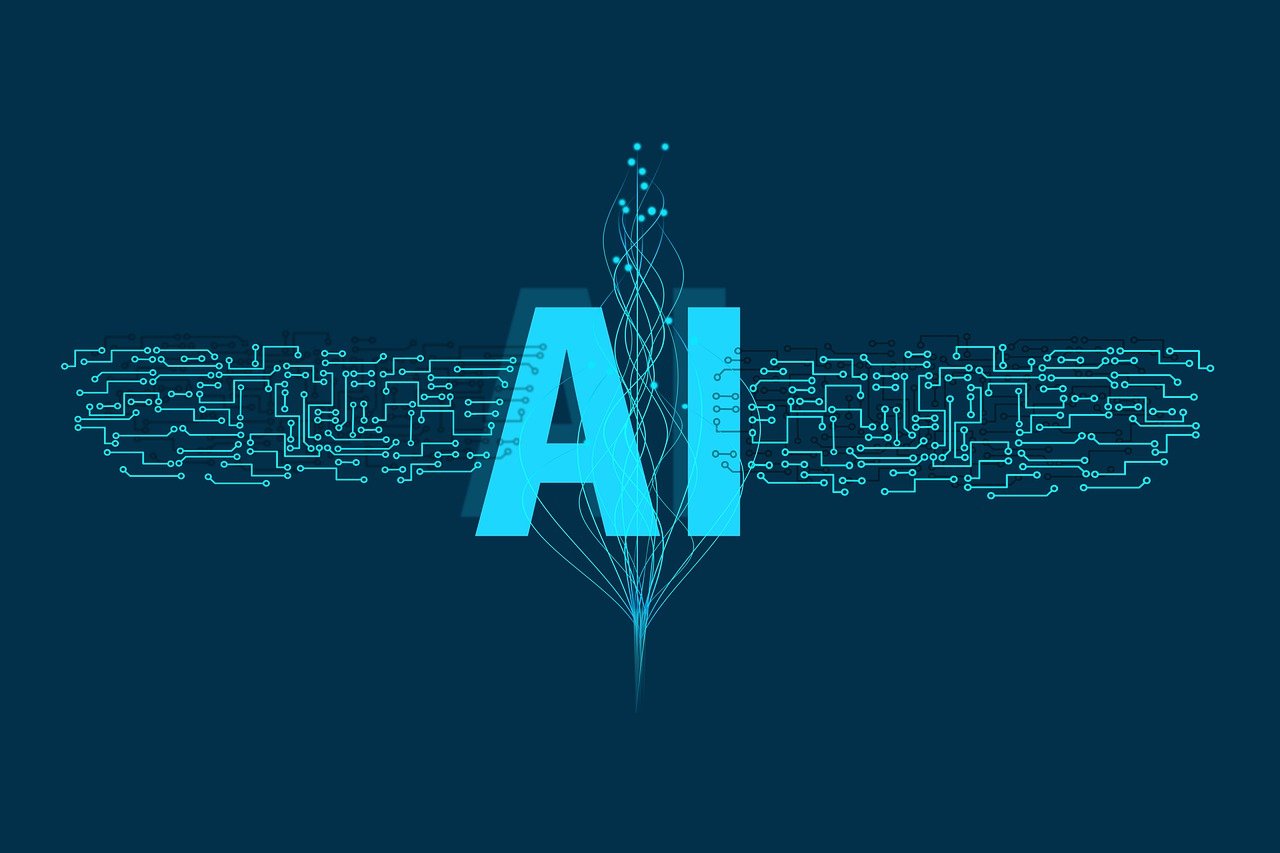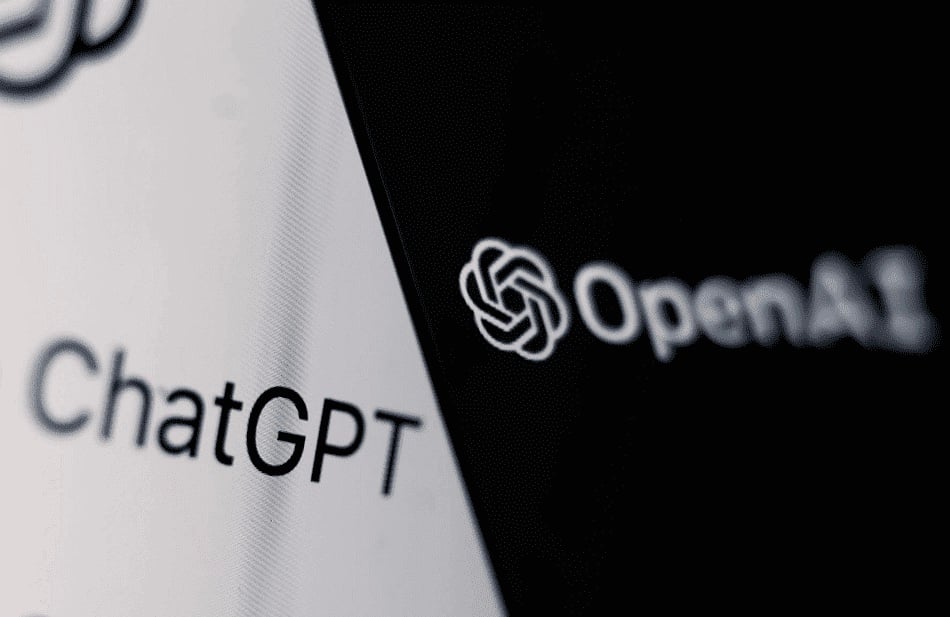
Last year, the impact of artificial intelligence on society was undeniable. Chatbots reminded us how strikingly life-like AI can be and raised serious concerns about potential misuse. High-quality images created by AI sparked controversy as discussions around its implications for security grew louder than ever before – especially in light of concerning applications like autonomous weapons systems being deployed during Ukraine’s conflict with Russia.
In 2023, AI is predicted to have a huge impact on the world. We want to see an increase in autonomous robots being used in various industries, from manufacturing to healthcare and transportation. AI will also be used for more advanced tasks such as natural language processing, facial recognition, and data analysis. Additionally, AI-driven automation technologies are expected to help reduce human labor costs while improving efficiency across multiple industries.
“This is just like a gold rush,” Russ Altman, associate director of Stanford’s Institute for Human-Centered AI told The Washington Post “We’re going to continue to see things that are really cool and clever, but they won’t be perfectly well-thought-out with respect both to the business model and to the potential long-term damages or impacts on society.”
It’s likely that many companies and businesses around the world will become increasingly reliant on artificial intelligence (AI) and machine learning technologies to stay competitive and provide new innovative products or services.
The technology is set to accelerate the rate of economic growth by automating mundane and repetitive tasks currently handled by humans in order to free up time for analysis of more complex problems and perform activities with greater accuracy than was previously possible. In short, AI technology has the potential to transform our lives significantly over the next few years!
Technologies that use AI
AI technology is quickly becoming integrated into many aspects of our lives and the applications are nearly limitless. Automotive companies are beginning to use AI in driverless car technology, with the goal of making roads safer and eliminating human errors. AI is also being used to analyze large datasets in healthcare, giving doctors more insight into a patient’s condition and helping them make informed decisions.
Social media platforms are using AI to improve content personalization and create better user experiences by analyzing user data and providing targeted recommendations. In finance, AI can be used for fraud detection, risk management, and portfolio optimization.
In addition to these applications for existing technologies, AI-powered innovations are also emerging in many industries. For example, AI-driven robots can now perform intricate tasks such as surgery or painting a wall with precision that would otherwise require significant manual labor. AI can also be used in natural language processing (NLP) systems to allow machines to understand spoken commands and even respond intelligently with answers related to questions posed by users.
AI is also being utilized in smart home systems allowing devices like lights, thermostats, door locks, etc., to communicate with each other autonomously via Wi-Fi networks. Additionally, AI-driven automation technologies are expected to revolutionize agriculture by helping farmers monitor their crops more efficiently while increasing yield at lower cost. With all these emerging uses of artificial intelligence it’s clear that this technology will become increasingly ubiquitous over the next few years!
Should be worried about the advancement of AI?
Despite the numerous benefits associated with AI technology, there are also potential risks that should not be ignored. For example, if AI is used to automate jobs such as truck driving or customer service, this could lead to job losses in those industries and displacement of workers. Additionally, the collection and use of large datasets by AI technologies can potentially lead to privacy issues if data is not handled securely.
Furthermore, algorithms used for decision-making by AI systems may contain biases that can lead to unfair or discriminatory outcomes if not properly monitored. Lastly, concerns have been raised about the ethical implications of allowing machines to make decisions autonomously without any human oversight.
regulation
The European Union is pioneering the development of groundbreaking standards to regulate and ban uses of artificial intelligence, which could provide a guideline for other countries. These regulations impressively protect citizens from potential government misuse or false premises online by clearly alerting them if they are interacting with software rather than an individual person.
Conclusion
In conclusion, while AI certainly has the potential to revolutionize many aspects of our lives, it is important to consider the associated risks and ensure that appropriate measures are taken to mitigate them. With careful planning and regulation, we can take full advantage of AI technology while minimizing the potential harms.





